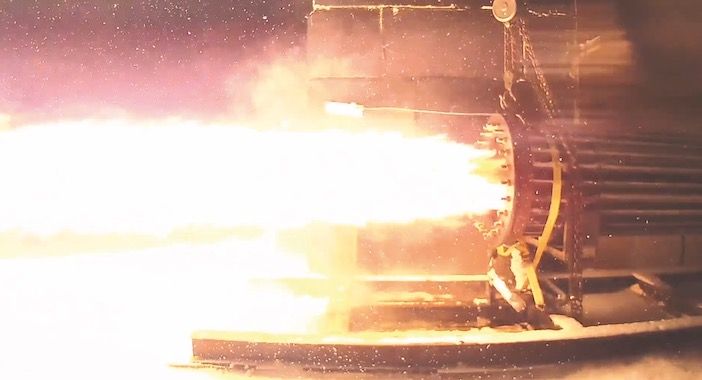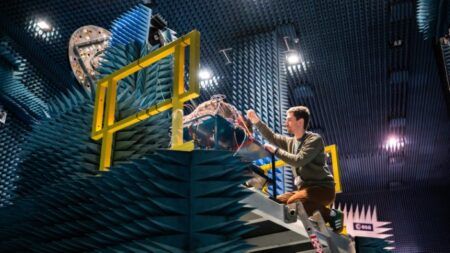Maine, USA-based bluShift Aerospace plans to complete the first commercial suborbital launch of its biofuel-powered rocket in 2025.
Engineers at bluShift plan to complete a full duration burn engine test in the coming months, and scale up operations in advance of the launch next year.
The company has selected Maine’s Downeast coastline as the headquarters for its first private launch services and manufacturing sites, because of the launch opportunities the location provides over the Atlantic Ocean directly into polar orbit.
BluShift was founded in 2014 and is developing a rocket powered by a nontoxic carbon-neutral biofuel, the Modular Adaptable Rocket Engine for Vehicle Launch (MAREVL) to launch small satellites.
The company launched a 20ft (6m) prototype rocket to an altitude of more than 4,000ft in 2021 for its first test and has been ground testing its biofuel since 2022.
Sascha Deri, CEO and founder of bluShift Aerospace said, “We see an enormous need for dedicated, small-lift satellite deliveries to space.
“With an increasing demand for replacing individual small satellites as they naturally de-orbit every three to seven years, we are seeing more and more customers seeking rapid, affordable access to space and direct delivery to their desired orbit. We will be better positioned than our competitors to fill that need.”
Meanwhile, the company has raised US$1.3 million in private funding to accelerate the development of launch offerings in the orbital and small satellite services markets. The company has previously raised nearly US $4 million.
Brady Brim-DeForest, managing partner at venture fund Late Stage Capital, which is an investor in the company is also to become the chairman of bluShift’s board of directors. He said, ” We manufacture our own non-toxic biofuel and reusable rockets, we are developing our own private launch site with direct access to sun-synchronous orbit, and we are cost-optimized – truly a winning combination.”





